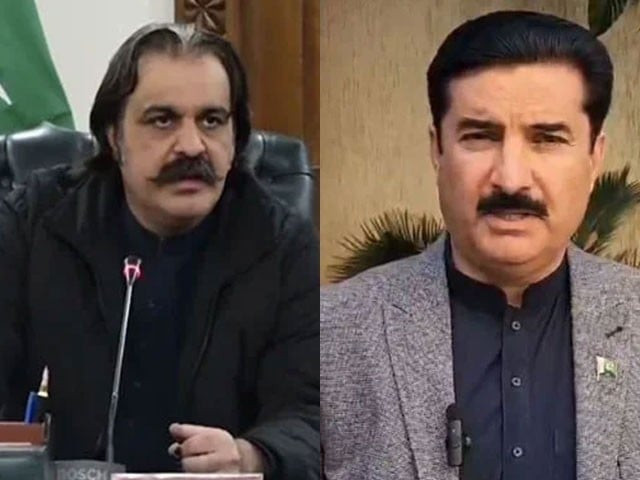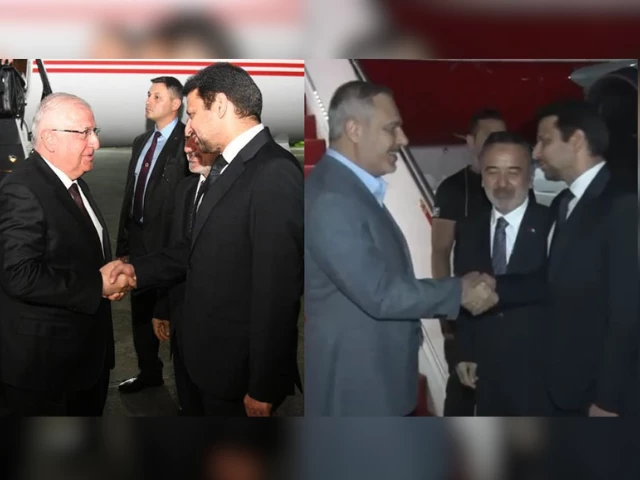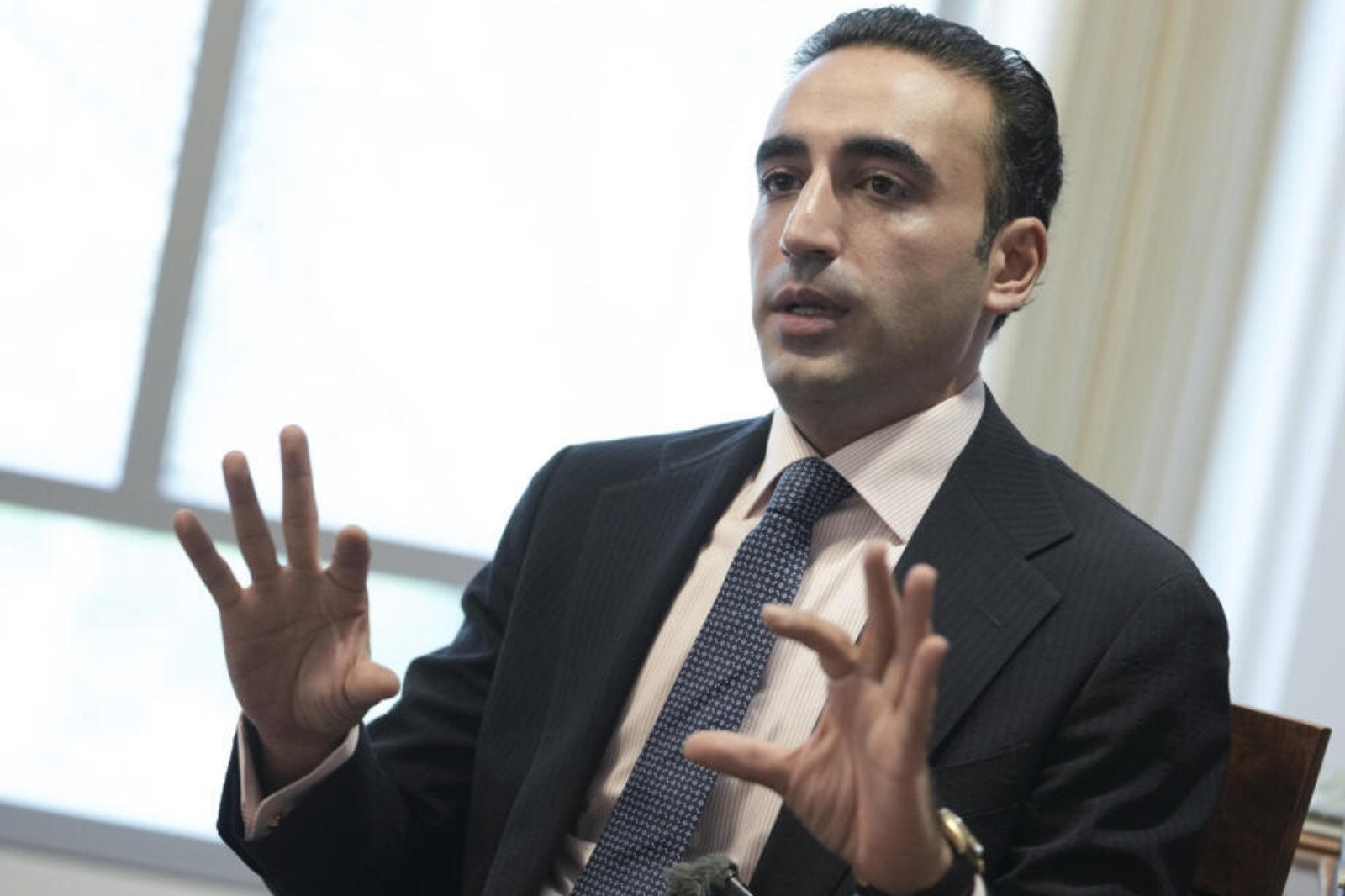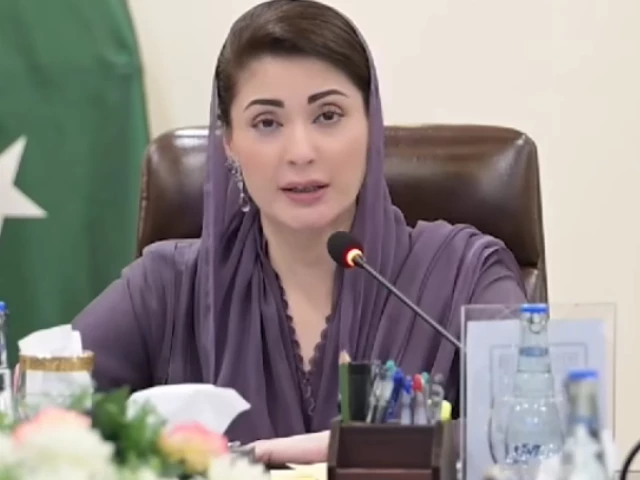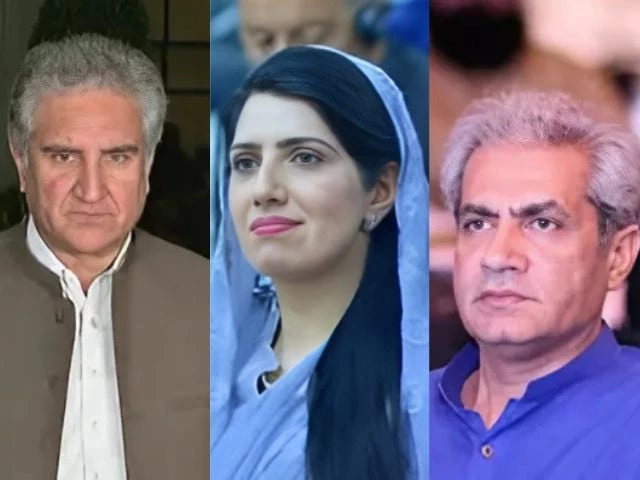Political Dynamics in Khyber-Pakhtunkhwa: A Closer Look
In recent political developments in Khyber-Pakhtunkhwa (K-P), Governor Faisal Karim Kundi has made headlines by announcing that the opposition will file a no-confidence motion against Chief Minister Ali Amin Gandapur as soon as they secure a majority in the provincial assembly. This declaration came after the Pakistan Peoples Party (PPP) and the Jamiat Ulema-e-Islam-Fazl (JUI-F) met to strategize for the upcoming Senate elections.
These discussions highlight the pressing need for opposition parties to pool their resources and cooperate effectively against the ruling Pakistan Tehreek-e-Insaf (PTI). Senior PPP leader Khursheed Shah emphasized the importance of maintaining previously agreed-upon arrangements, noting that every party has its own mandate.
The stakes are high as Kundi expressed the PPP’s ambitions in the Senate elections, aiming for five seats in the province, with a collaborative approach involving JUI-F to secure shared representation. This is crucial as both parties gear up to counter the ruling government’s policies, particularly in light of recent criticisms of PTI’s governance. Kundi challenged them to point to tangible achievements within K-P, particularly in infrastructure development.
Moreover, the disconcerting rise in militant activity has added a layer of urgency to the political discourse. Kundi has openly condemned the deteriorating law and order situation, expressing concerns about extremists exploiting vulnerable moments. His comments regarding a tragic incident in Balochistan, where innocent lives were lost, reflect a broader call for unity to restore peace across the region.
Additionally, Kundi raised alarms about external influences on terrorism within Pakistan, particularly pointing to India’s alleged involvement. He argued that much of the terrorism affecting Pakistan has ties to Afghan soil, urging Afghanistan to ensure its territory is not used by hostile powers against Pakistan.
As these political dynamics unfold, they illustrate a critical era for Khyber-Pakhtunkhwa and the broader region. The call for unity among opposition parties and the need for strategic maneuvers in governance underscore the importance of collaboration in addressing both political and security challenges.
For those interested in staying updated on these developments, connecting with platforms that provide insightful analysis can be valuable. Consider exploring resources like Pro21st, where you can engage with discussions around contemporary issues and gain deeper insights into Pakistan’s political landscape.
At Pro21st, we believe in sharing updates that matter.
Stay connected for more real conversations, fresh insights, and 21st-century perspectives.

